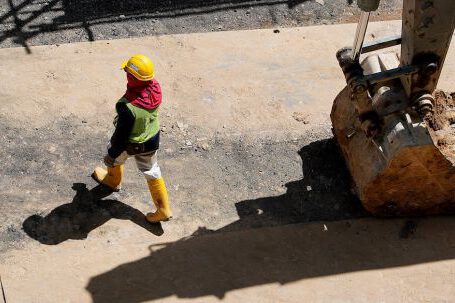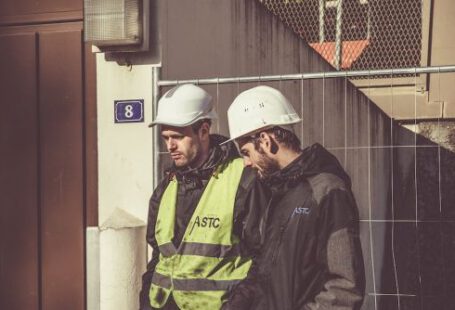The construction industry has always been at the forefront of technological advancements, from the introduction of cranes to the use of artificial intelligence in the development of smart cities. One of the latest technologies to revolutionize the sector is the use of loaders. This heavy machinery has enabled the industry to reduce its environmental impact while increasing efficiency, making it an invaluable tool for sustainable construction.
What is a Loader?
A loader is a type of heavy machinery used in the construction industry. It is designed to move, lift, and carry large loads. The loader is equipped with a bucket or scoop which is used to pick up and transport materials such as sand, gravel, and soil. It can also be used to lift and carry heavy objects such as concrete blocks and steel beams.
Advantages of Loader Technology
The use of loaders has a number of advantages for the construction industry. Firstly, it increases efficiency and reduces costs. Loaders are able to move large loads quickly and accurately, meaning that workers can complete tasks faster, saving both time and money.
Another advantage of loaders is that they reduce the environmental impact of construction projects. By reducing the amount of manual labor required, loaders reduce emissions from vehicles and reduce the amount of energy consumed. Furthermore, loaders can be used to transport materials more efficiently, meaning that fewer trips are required and less fuel is consumed.
Finally, the use of loaders also improves safety on construction sites. Loaders are able to move large objects more accurately and with greater control, significantly reducing the risk of injury or accidents.
Innovations in Loader Technology
Over the years, loader technology has become increasingly sophisticated. The introduction of automation and computer-controlled systems has enabled the machines to become more efficient and reliable. In addition, modern loaders are designed to be more fuel-efficient and to reduce emissions.
Innovations in loader technology have also enabled the machines to become more agile. For example, some loaders are now equipped with tracks instead of wheels, making them better suited to difficult terrain and reducing the risk of getting stuck.
Future of Loader Technology
The future of loader technology looks bright. As the industry continues to move towards a more sustainable model, advancements in loader technology will be essential. The machines will become more efficient and reliable, and the emissions they produce will be further reduced.
In addition, the use of artificial intelligence is likely to become increasingly important in the development of loaders. This technology will enable loaders to operate with greater precision and accuracy, further reducing the environmental impact of construction projects.
Conclusion
Loaders are an invaluable tool for sustainable construction. The use of this heavy machinery has enabled the industry to reduce its environmental impact while increasing efficiency. Through continual innovation, the technology has become increasingly sophisticated, enabling loaders to become more efficient and reliable. As the industry moves towards a more sustainable model, advancements in loader technology will be essential.






